Gks Pumpkin Seeds 250Gm
In Stock
Payment. Payment upon receipt of goods, Payment by card in the department, Google Pay, Online card, -5% discount in case of payment
Warranty. The Consumer Protection Act does not provide for the return of this product of proper quality.
Description
They are sometimes referred to as pepitas, Spanish for “little seed of squash.”
This feature is part of a collection of articles on the health benefits of popular foods.
It looks at the possible health benefits of pumpkin seeds, the nutritional content, how to use pumpkin seeds in the diet, and possible health risks.
Benefits

Pumpkin seeds are rich in nutrients and may have many health benefits.
Pumpkin seeds are a good source of healthful oils, magnesium, and other nutrients that enhance the health of the heart, bones, and other functions.
Seeds, in general, are considered excellent sources of potassium, magnesium, and calcium.
Plant seeds are also a good source of polyunsaturated fatty acids (PUFAs) and antioxidants.
The fatty acids in pumpkin seeds contain a range of beneficial nutrients, such as sterols, squalene, and tocopherols. Researchers have described the fatty acid profile of seeds, grains, and legumes as “favorable.”
Bone health
Pumpkin seeds are a good source of magnesium, which is important for bone formation.
High magnesium intake is associated with a greater bone density and has been shown to decrease the risk of osteoporosis in women after menopause.
Diabetes
Nutrients in pumpkins seeds may help protect against type 2 diabetes. Reactive oxygen species (ROS) play a role in the development of diabetes, and antioxidants may help reduce the risk.
In one experiment, diabetic rats started to recover after following a diet containing a flax and pumpkin seed mixture.
The seeds are a good source of magnesium.
Studies have suggested that for every 100 milligrams (mg) a day increase in magnesium intake, the risk of developing type 2 diabetes decreases by approximately 15 percent.
A 100-gram (g) serving of pumpkin seeds can contain over 90 mg of magnesium.
Low magnesium levels can impair insulin secretion and lower insulin sensitivity.
Heart health
Improvement in lipid profiles has been seen with an intake of 365 milligrams of magnesium per day.
Heart and liver health

The seeds contain healthful oils that may benefit the heart, the liver, and the cardiovascular system.
Pumpkin seeds contain omega-3 and omega-6 fatty acids, antioxidants, and fiber. This combination has benefits for both the heart and liver.
The fiber in pumpkin seeds helps lower the total amount of cholesterol in the blood and decrease the risk of heart disease.
Research to date suggests that omega-3s can:
- decrease the risk of thrombosis and arrhythmias, which lead to heart attack, stroke, and sudden cardiac death
- reduce LDL, total cholesterol, and triglyceride levels
- reduce atherosclerosis, a fatty buildup on the artery walls
- improve endothelial function, a measure of circulatory health
- slightly lower blood pressure
Pumpkin seeds have been found to contain sterols. In one investigation, scientists found that there were 265 mg of total sterols in every 100 g of pumpkin seed kernel.
Plant sterols and phytosterols are known to help reduce levels of “bad” LDL cholesterol.
Researchers carrying out a review of clinical trials concluded in 2013 that the combination of nutrients found in plant seeds can help protect the cardiovascular system and help prevent coronary heart disease and type 2 diabetes.
A rodent study has suggested that the nutrients in a mixture of flax and pumpkin seeds could provide some protection for the liver and also against atherosclerosis.
Weight loss and digestion
Other benefits of a diet that is high in fiber include:
- helping maintain a healthy weight, because the individual feels full for longer after eating
- enhancing digestive health

Gks Pumpkin Seeds 250Gm
Original price was: ₹200.00.₹150.00Current price is: ₹150.00.In Stock

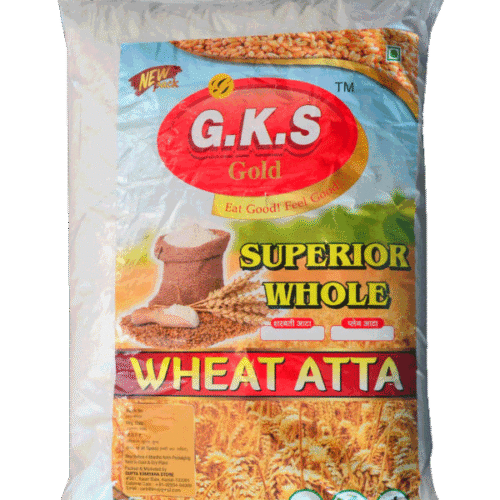
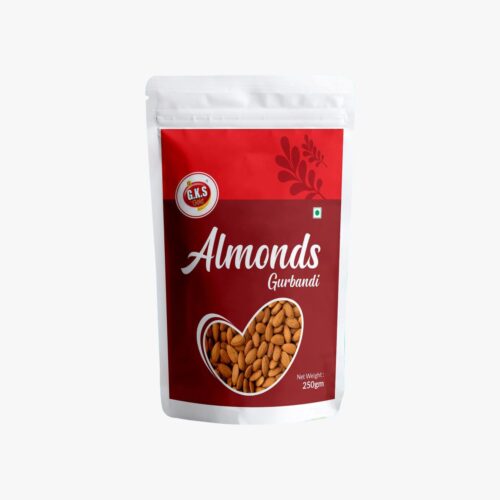
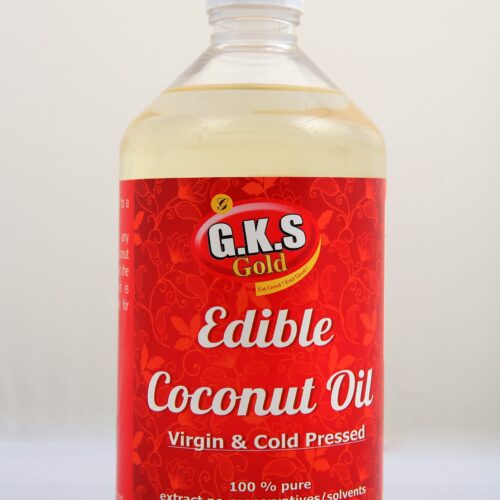
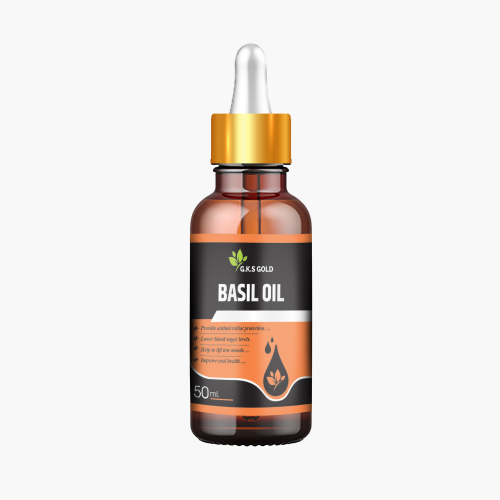


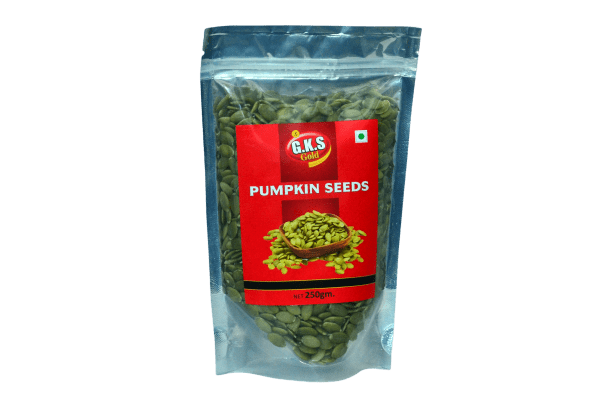




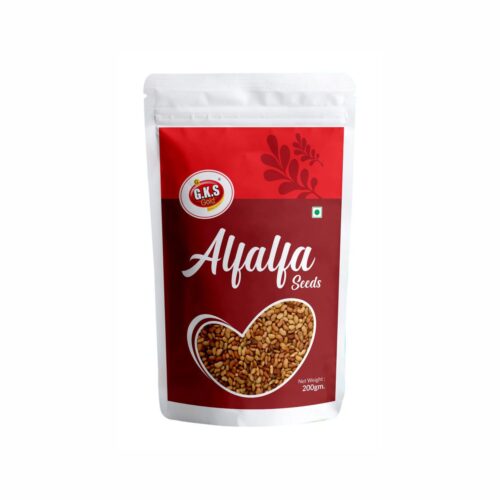

Reviews
There are no reviews yet.